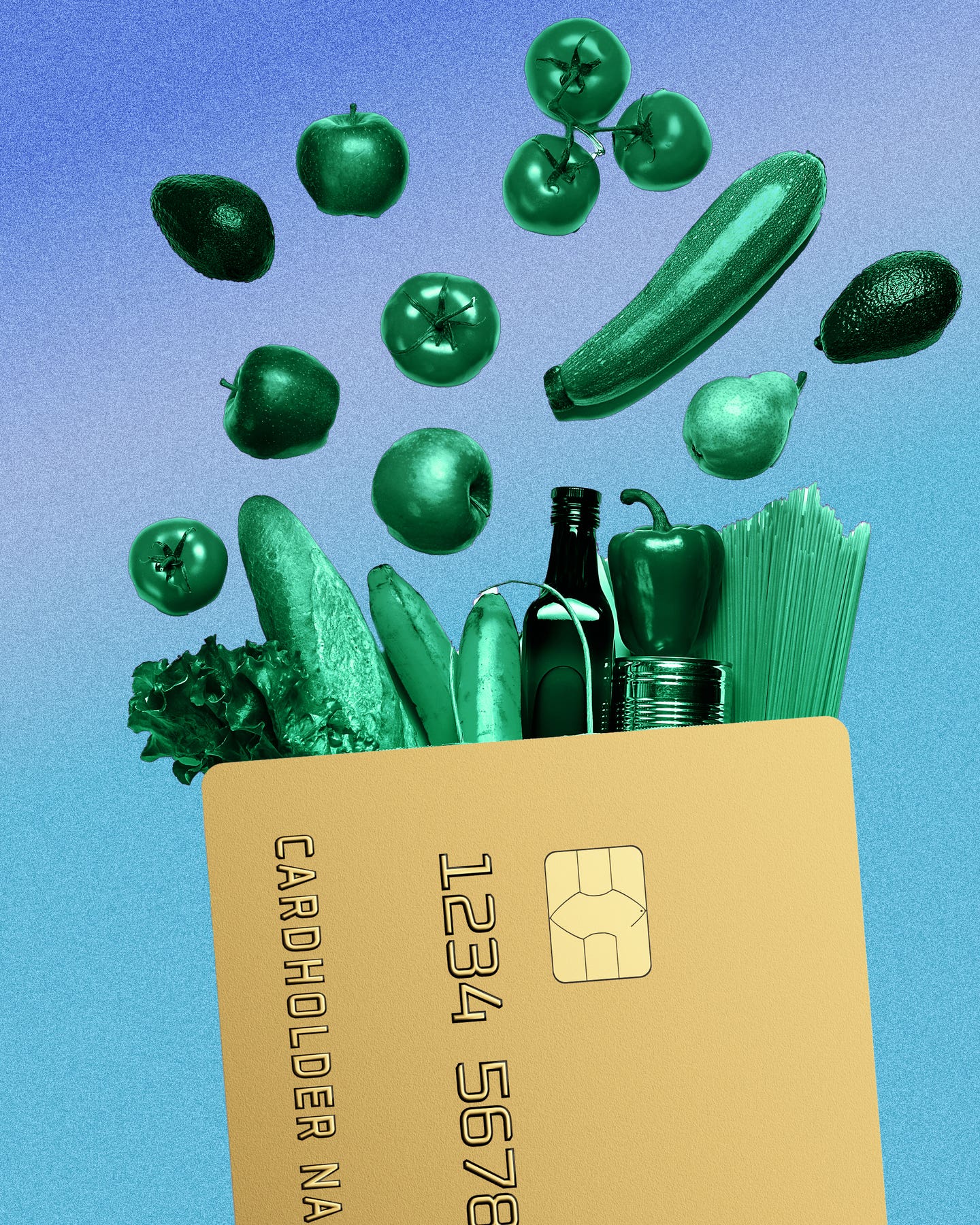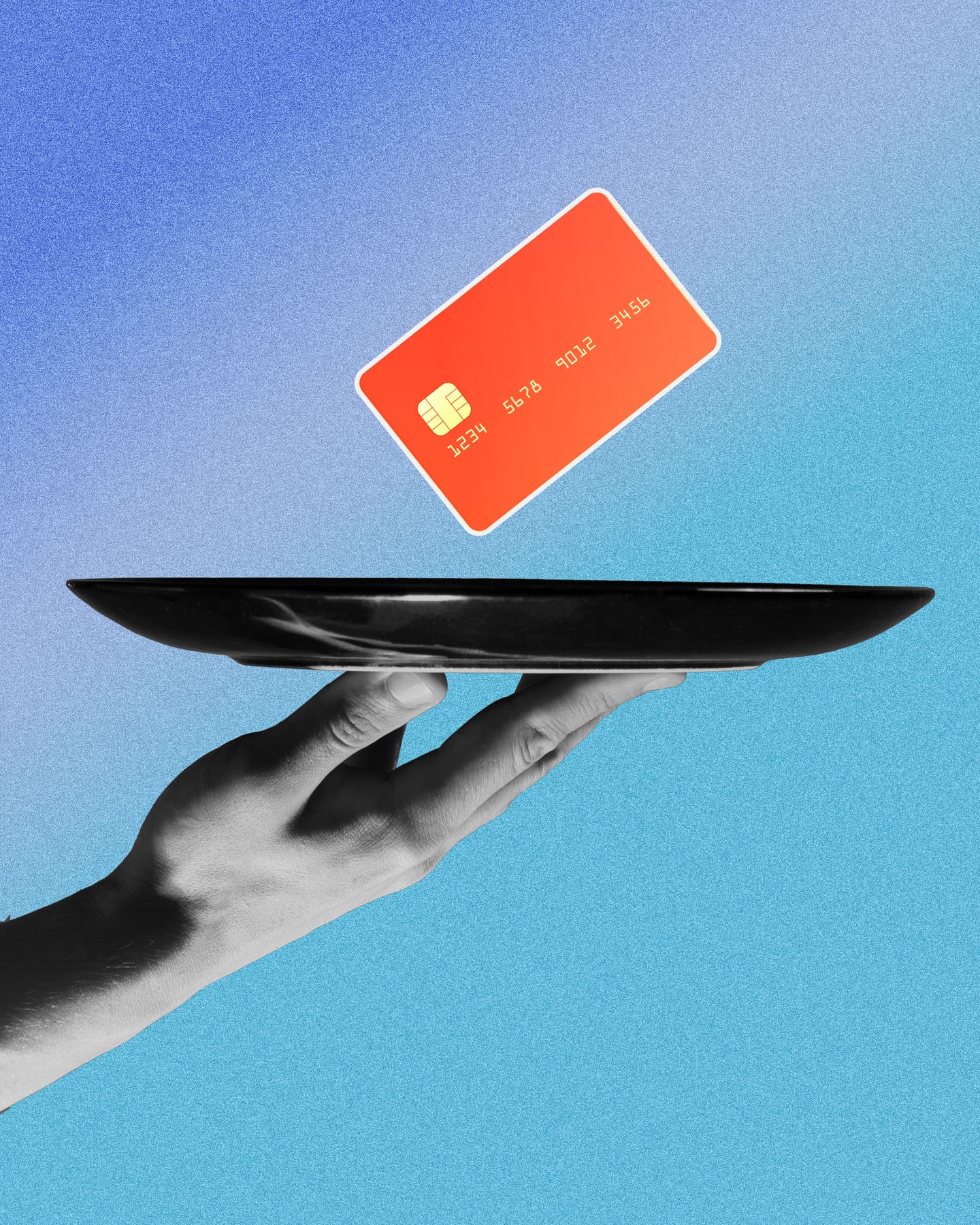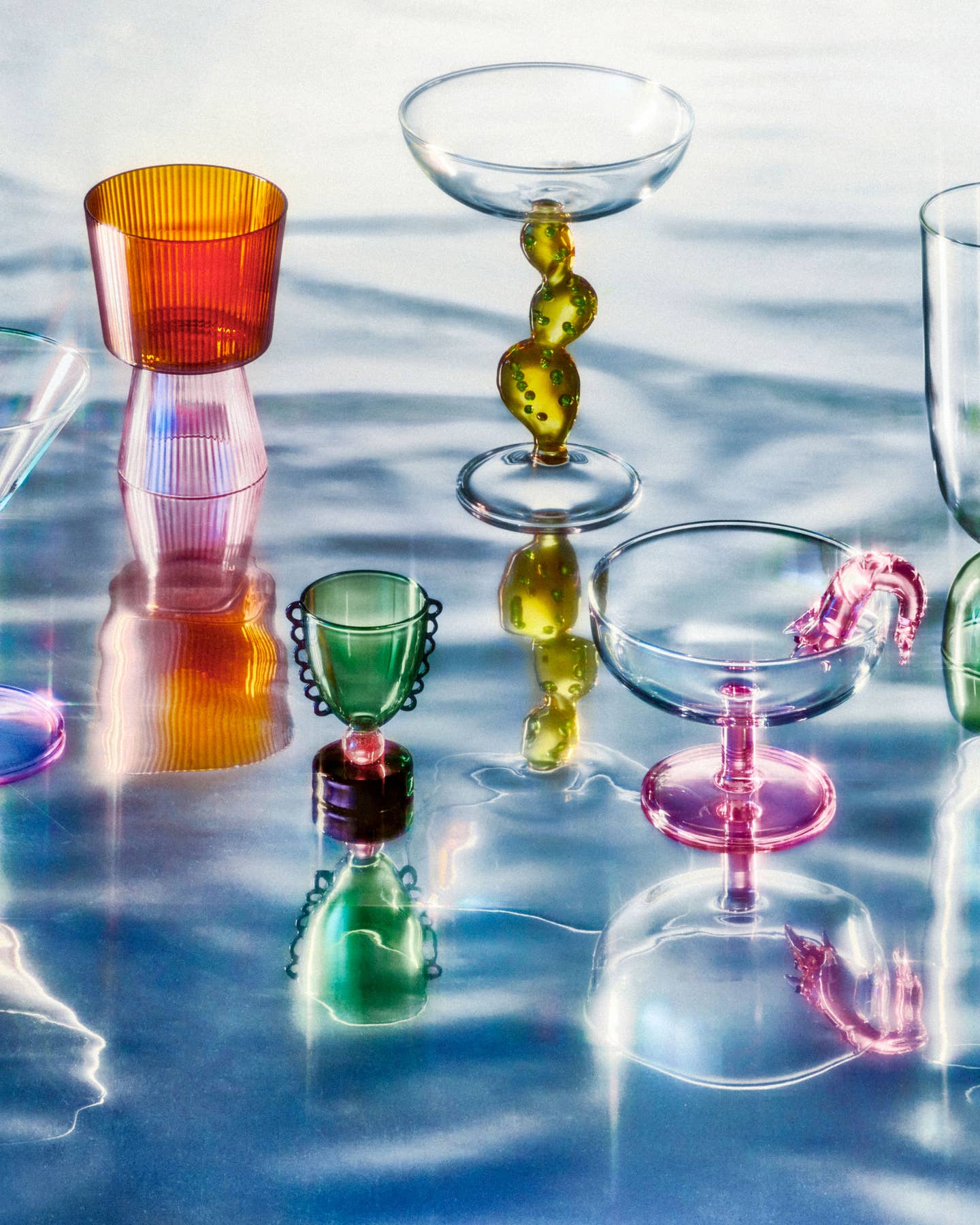
Sake Tasting Notes
In Japan, a sake renaissance is brewing. Read the full story from our December 2013 issue, Sake's Second Act. —Captions by Georgia Freedman.
Chikurin Fukamari Junmai ($30)
A creamy sake, with a name that means “depth,” this junmai gets its sherry-like aroma and rich, savory flavor from the big of aged sake that is blended into the younger brew.
Chikurin Karoyaka Junmai Ginjo ($50)
The floral aroma of this sake, whose name means “lightness,” lends a headiness to its apple and longan fruit flavors. It’s wonderful with sushi.
Daishichi Junmai Kimoto Classic ($41)
Yeasty aromas and umami flavors come from kimoto, an ancient method in which uncovered rice is beaten to break down starches, encouraging wild yeasts to settle in.
Watari Bune Junmai Daiginjo ($105)
Made from heirloom Watari Bune (“ferry boat”) rice, this sake’s luscious texture is tempered by a light aroma and flavors of pear and pineapple.
Watari Bune Junmai Ginjo "55" ($24)
The bright pear aroma of this complex brew yields to flavors of cedar, walnuts, and earth, finishing with a briskness that can cut the richness of grilled and roasted meats.
Yuki No Bosha Akita Komachi Daiginjo ($70)
This sake’s notes of cantaloupe and chrysanthemum resolve in a bright, peppery finish; pair it with spice dishes.
Keep Reading
Continue to Next Story

















